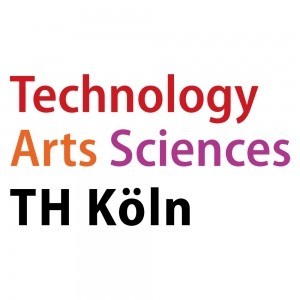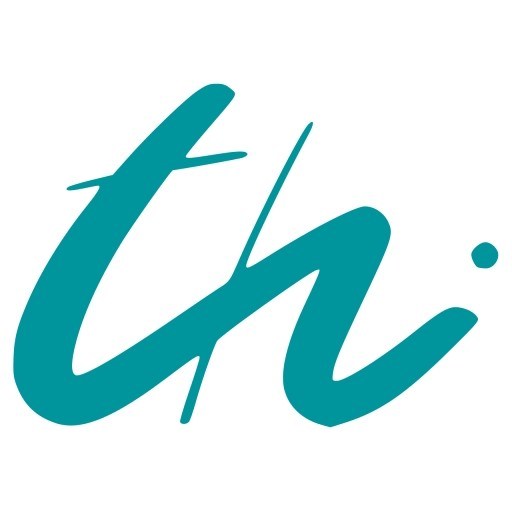Photos of university / #kieluni
Digital Communications at Kiel University offers a comprehensive and innovative curriculum designed to equip students with the theoretical knowledge and practical skills necessary to excel in the rapidly evolving field of digital communication technologies. The program emphasizes interdisciplinary learning, combining insights from computer science, electrical engineering, media studies, and information technology to prepare graduates for diverse career opportunities in industry, academia, and research. Students will explore fundamental concepts such as digital signal processing, data transmission, network protocols, cybersecurity, and multimedia systems. The curriculum also includes advanced topics like mobile communications, wireless networking, and cloud computing, ensuring that graduates stay at the forefront of technological developments. The program is structured to promote practical experience through laboratory work, projects, and internships, fostering problem-solving abilities and innovative thinking. Integration with current industry standards and emerging trends ensures that students acquire relevant and up-to-date skills. The degree program culminates in a research thesis or project, allowing students to specialize in areas of personal and professional interest, supported by the university’s expert faculty. Graduates of the Digital Communications program at Kiel University are well-prepared for careers in telecommunications, information technology companies, media production, and research institutions, or for doctoral studies. The program fosters a dynamic learning environment with modern facilities, collaborative projects, and active engagement with industry partners. It aims to develop critical thinking, technical proficiency, and a global perspective, making its graduates highly competitive in the digital age.
Educational organisation
Students with a BSc degree and, therefore, study experience, are expected to manage their learning by themselves; it is their own responsibility to keep track of their progress and to keep pace with the schedule proposed by the institution. Active participation is, however, assessed in seminars and lab projects. A semester test after the first two months helps to identify the participants' learning situation and requirements. The actual examination sections are separate from instruction and take place in the semester breaks (which limits possibilities for industry jobs).Internships
VoluntaryForms of assessment
Written and, to some extent, oral exams; final thesis viva voceCourse objectives
Successful participants will be taught to work actively in modern communications and information technology research, development and deployment, with a solid basis including advanced signal and system theory, digital transmission, system identification, advanced digital signal processing, array processing, information and coding theory, digital transmission via antennas and fibres, communication devices, wireless communications, IT-security, multi-media communications, etc.The graduates will be able to:
- take technical-scientific questions from practical experience, understand the problems, formulate solutions and then communicate them to others
- analyse and solve engineering and technology questions on a scientific basis
- promote, through their actions, society's appreciation of the possibilities and results of their professional activities
- work in an international environment
Language requirements
A GRE test is mandatory!TOEFL/IELTS test is only optional and cannot replace GRE test results.
Academic requirements
- A completed Bachelor's degree in Electrical Engineering, Communications Engineering, Information Technology (or equivalent)
- GRE test
- An interest in German culture and language
Enrolment fees
An enrolment fee ("Einschreibegebühr") currently amounting to 55 EUR is charged for the first enrolment at Kiel University.A semester contribution ("Semesterbeitrag") currently amounting to approx. 120 EUR must be paid each semester. This covers free public transport ("Semesterticket"), reduced lunch prices, and other financial benefits for students.
For the latest information, see: www.studium.uni-kiel.de/de/studium-organisieren/studienangelegenheiten/rueckmeldung
Costs of living
Monthly expenses in Kiel (e.g., for housing, food) range between 700-800 EUR, depending on individual needs.Arrival support
The International Center at Kiel University offers a wide range of services and will support international students with any questions related to a successful arrival in Kiel.See: http://www.international.uni-kiel.de/en
Services and support for international students
The International Center at Kiel University offers a wide range of services.See: http://www.international.uni-kiel.de/en
Accommodation
Accommodation in Kiel is available through the office for student affairs ("Studentenwerk Schleswig-Holstein") or on the private market. Looking for a place to stay in a foreign country is not always easy. The office for student affairs supports students seeking accommodation at reasonable prices and is continually improving the quality and standard of the residence halls.In general, the chances of obtaining a room in a residence hall can be improved by submitting an application form before 15 June. The rent depends on the location and standard of the particular residence.
Please note that due to high demands for accommodation in Kiel, the office for student affairs can currently only assign rooms in residence halls to first-semester students (Bachelor's/Master's students). PhD students cannot be assigned rooms.
For information and to contact us, see: http://www.studentenwerk.sh






